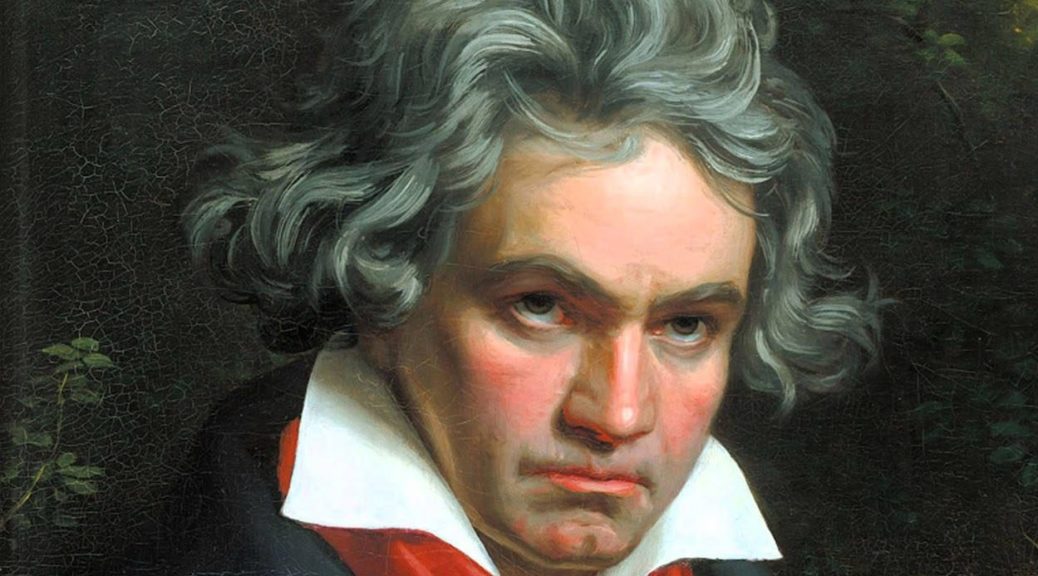
Play Maestro, Select the First Program
Care to play maestro? Want to assist your orchestra? Then help select a promising opening concert program.
Right now you can step in and help your long-dormant local symphony conductor plan his/her Resumption Concert, likely the first one in a year. Not even world wars have been as successful as that detested virus in shutting down our vibrant nationwide concert activity.
The programming for the Resumption will be tricky, with contrarian motivation. The maestro may well want to commemorate the virus victims (nearly half a million predicted by then) at the start. At the same time, also to provide an upbeat message to signal the concert hall’s happy recuperation from all the shutdowns, silence and cultural deprivation as the ensemble brings back the music we have been thirsting for through most of 2020.
So one approach would be opening with a shorter commemorative piece, then moving on to contrasts. For instance, some candidates:
Program No. 1: If you lean toward repertoire with a Germanic accent, start with Liszt’s tone poem “Les preludes” to open. Then the reflective “Siegfried Idyll” by Wagner. A propos the composer’s gala 250th birthday, we are closing with the Beethoven Fifth Symphony and its triumphant finale.
Program No. 2: For delicate reflections, open with the all-strings “Adagietto” movement of Mahler’s Symphony No. 5, then the superlative tone painting of Stravinsky’s “Firebird” Suite, Ellen T. Zwilich’s “Jubilation” Overture, and closing with Respighi’s effusive “Pines of Rome,” featuring that irresistible rafter-shaking upbeat conclusion.
Program No. 3: The somber “Adagio for Strings” by Samuel Barber seen by some as the perfect piece for meditation, by others as the saddest work ever written. Then follow with the programmatic “Leonore Overture No. 3” (Beethoven again) offering its own phoenix-like revival, then Copland’s concise “Fanfare for the Common Man,” leading up to Tchaikovsky’s Violin Concerto, always a favorite.
Program No. 4: This one is all-20th-century, offering music by survivors of war, beginning with a movement from Messiaen’s “Quartet to the End of Time” written while a prisoner of war. Then Bartok’s Concerto for Orchestra (written for the Boston Symphony), and Prokofieff’s exuberant Symphony No. 5.
Take your pick! Or craft your own!
Whatever the program, once the initial statement is made upon the halls’ reopening, ample attention can then be devoted to broadening our horizons, via today’s living composers, black music (how about some Duke Ellington?), music by women, even commissioned works.
But the curtain-raiser event is crucial, fulfilling both extremes that we yearn for to mark the end of one era and the dawning of a new one more important than ever. All America is trembling with anticipation.